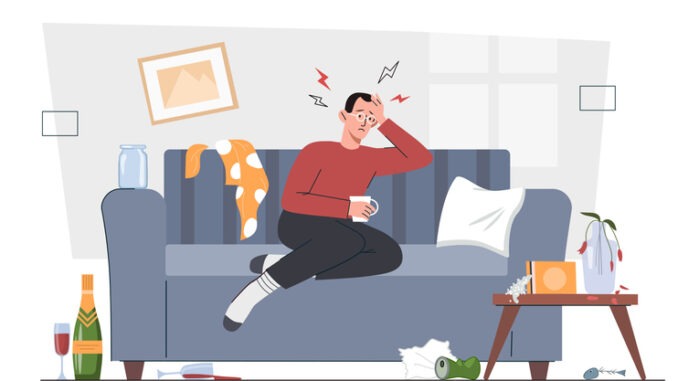
Longer recovery times, more noticeable effects and the occasional reminder that we’re not as invincible as we once thought! We explore the connection between ageing and alcohol absorption
If you’re over 30 years old, you’ve probably noticed that your recovery time after a night out is longer than it used to be a decade ago. Age significantly affects our ability to process alcohol, leading to more pronounced physical side effects and mental health impacts. Certainly, many of us enjoy the occasional glass of wine. However, recognizing the impact of age on alcohol’s effects can empower people to make healthier choices while still having a good time.
For those under 20 years old, being more capable of processing alcohol doesn’t mean there aren’t important things to consider when it comes to your relationship with booze. How you approach drinking in your twenties can significantly impact your relationship with alcohol into your thirties and forties. Additionally, excessive alcohol consumption during youth can affect your body as it grows, significantly increasing the risk of developing oral cancers, heart disease, and liver disease in young people.
Those in their thirties are likely well-acquainted with the aftermath of a heavy night out on the town. As you age, the effects of alcohol become more apparent in your physical appearance. Your skin may suffer from breakouts or blotchiness, your eyes may feel dry, and even your hair can feel lacklustre after a party. These visible signs can be attributed to the body’s reduced ability to recover and repair itself over time, making it important to consider moderation and mindful drinking habits to maintain overall health and vitality.
As you age, your body’s ability to metabolize alcohol declines. Eliminating alcohol from your system takes longer, which can result in longer-lasting hangovers. Due to the slowing down of the body’s metabolic system and general degenerative processes, you may experience tiredness, aches, and stiffness. Many people find themselves unable to exercise for a few days, which can contribute to feelings of depression or “the blues.”
It’s important to recognise the impact that alcohol can have on our bodies and overall well-being. Whether you’re in your twenties, thirties, or beyond, practicing moderation and mindful drinking habits can help mitigate the negative effects of alcohol. By adopting a balanced approach to drinking and prioritising moderation, we can maintain our physical and mental well-being while still enjoying the occasional drink.



Be the first to comment